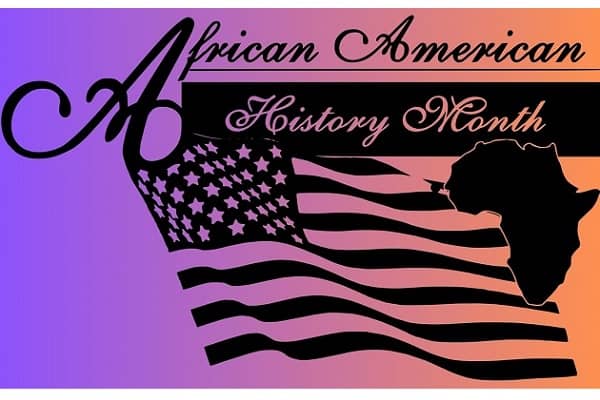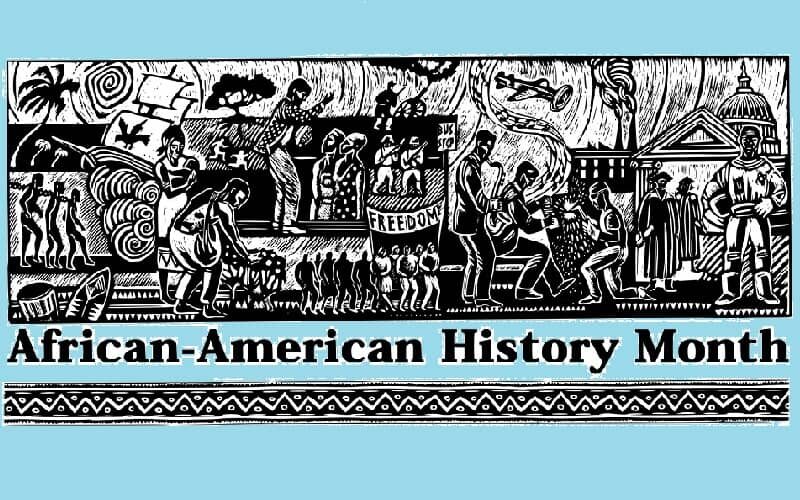As we enter Black History Month 2024, it is a time to reflect on the rich musical heritage of African Americans and the immense contributions Black artists have made to music globally. This year’s theme – “African Americans and the Arts” – spotlights the central role of music in Black history and culture.
From the pioneering blues singers of the early 20th century to the birth of jazz, R&B, hip hop, and beyond, Black musicians have shaped the sound of modern music as we know it. As we celebrate Black History Month in February 2024, let us honor these musical trailblazers and enjoy the fruits of their creativity and expression.
Through the universal language of music, we can embrace Black stories and experiences while gaining a deeper appreciation for the diversity of the human spirit.
As you dive into the history detailed below, you’ll uncover just part of a rich heritage that still resonates, still matters, and still deserves honor – this month and beyond.
Origins: The Roots of Black Music
The origin story reaches back to the days of slavery when work songs and spirituals offered solace and preserved African musical traditions even in bondage.
Following emancipation and especially during the Great Migration north, genres like ragtime and proto-jazz emerged, fusing West African rhythms and blues tonality into new forms of expression.
Venues in cities like New York and Chicago soon pulsated with a stunning range of Black music. By the 1920s Harlem Renaissance, innovators like Louis Armstrong and Duke Ellington had sparked explosions of creativity that reverberated into dances, poetry, and an open celebration of African American culture.
While the earliest recordings came from “classic blues” singers like Ma Rainey around 1920, the music itself stretched back decades earlier. Rural “country blues” told of hardship and heartbreak in emotion-packed vocals paired with sparse guitar or piano.
Artists like Robert Johnson and Charley Patton didn’t reach mainstream ears but influenced many who did, passing traditions from generation to generation.
Evolution: The Development of Modern Black Music Genres

R&B and Soul
Fast forward to Motown, which rose to prominence in the 1960s with stars like Marvin Gaye, The Supremes, Stevie Wonder, and The Temptations. Their upbeat songs about young love defined an era even amidst the growing Civil Rights Movement and call for racial justice.
This Detroit label produced infectious, radio-friendly hits – quite a contrast from Southern-based Stax Records. Stax took Memphis soul in a grittier direction, channeling blues with bands centered around the Hammond organ and horns.
Even singer Aretha Franklin, also known as the Queen of Soul, was heavily influenced by the gritty soul sound of Stax. Through highs and lows, good times and revolution, the influence of soul music shone bright – not just in America but across an integrated world.
Rock and Roll
With a protesting voice all her own, 1940s gospel performer Sister Rosetta Tharpe made clear that rock music has black roots. Mixing spiritual lyricism with hot electric guitar licks, this trailblazer left an open door.
Young Chuck Berry stormed through it with his first hit “Maybellene” in 1955, converting country fans and helping bring what was once “race music” to white teens nationwide.
The early rock scene centered around independent labels and local radio plays. As the sound went pop in the 60s, black artists fit uneasily into the format – challenged both by musical change and lingering prejudice in the wider industry.
Still, barriers couldn’t stop innovative talents like Jimi Hendrix from rising to fame with a wildly expressive blues guitar style for the psychedelic age.
While rock and roll has taken many forms, one fact is constant – its foundation lies with rebellious black artists who gave voice to youthful freedom against the odds.
Funk, Disco, and Hip Hop
What started as 70s feel-good funk fused with protest soul turned into the beat-heavy styles of disco and eventually rap.
Bandleader James Brown invented funk music in its purest form, building on rhythm and blues to create a propulsive, deeply grooving experience designed for the dance floor. Hits like “Papa’s Got a Brand New Bag” and “I Got You (I Feel Good)” set trends still heard today in soul, jazz, and hip-hop sampling.
The advent of 12-inch extended remixes took disco club culture global even as backlash grew, while block parties in the Bronx saw DJs like DJ Kool Herc invent hip-hop music itself by creatively “scratching” and rapping over instrumental breaks from funk records.
Early stars like Grandmaster Flash and The Sugarhill Gang kicked off a brand new movement now rooted at mainstream pop culture’s core.
Protest and Empowerment: Using Music to Fight Oppression
Billie Holiday chillingly evoked racial violence in “Strange Fruit,” one of the first protest songs to confront establishment norms. Decades later, Nina Simone converted her outrage into activism through bold lyrics and sensational songcraft.
As the fight for civil rights raged on, Sam Cooke asked “A Change is Gonna Come,” a hopeful question soon taken up by a rising hip hop generation witnessing continued police brutality and oppression firsthand.
With unchecked honesty and rhymes tough as bullets, N.W.A’s controversial 1988 single “F*** Tha Police” channeled frustration into resistance in a way the world could no longer ignore.
Conscious rap grabbed the mic to uplift and enlighten during hip hop’s 1990s golden era, before passing it to 21st-century artists like Kendrick Lamar who fuse distinctive styles with political rhymes.
Today stars like Beyoncé continue to showcase Black pride and power, proving that music remains one of activism’s most formidable tools. From overcoming slavery to seeking justice in the age of Black Lives Matter, rhythmic revolution never rests.
Legacy: Black Music’s Enduring Influence

It’s impossible to imagine modern music without the cadence of African polyrhythms, the soul of gospel spirituals, or the cool swing of jazz rhythms. From the backbeat pulse at the heart of rock music to the vibrant samples and collages of hip-hop anthems, black genres color the core of American pop.
Michael Jackson’s trailblazing 1982 album Thriller remains the bestselling record of all time, while 1990s R&B blossomed into the globally dominant musical force of today.
Current stars like Beyoncé, Kanye West, and Drake stand on the shoulders of those who came before, from open crossover artists like Jimi Hendrix and Prince to lesser-known but equally important background figures like Sister Rosetta Tharpe.
Despite undeniable influence, many black musicians still fight for proper recognition – and the equal opportunity all deserve. Revisiting history makes clear that no matter who plays “hound dog,” the hound dog sound owes everything to African American culture.
From blues queens to hip hop kings and all those exuding souls between, musical royalty demands its crown this Black History Month and beyond.
The future holds limitless potential, ready to reveal whatever bold new rhythms may come. As rising talents fuse tradition with innovation, black music continues responding to – and revolutionizing – the times. The next history-making anthem could premiere any day, just waiting to inspire in its turn.
Final Words
This Black History Month, celebrate the changemakers, freedom fighters, soul survivors, and rhythmic visionaries who gave us jazz, rock, R&B, hip hop and all that lies beyond. Let the legacy of dynamism, expression, and hope that only this sound offers move you – in the direction of positive change that uplifts all.
Our shared future, like music itself, waits to be written. So let’s pick up an instrument, join the chorus for justice, and start making some history worth celebrating next year!
About the Author
Team Guitar Top Review Talk about Guitars! We are a group of friends that bonded over their shared love of playing guitar. We all have different backgrounds and experiences with music, but we share a passion for writing about the things that we love.



